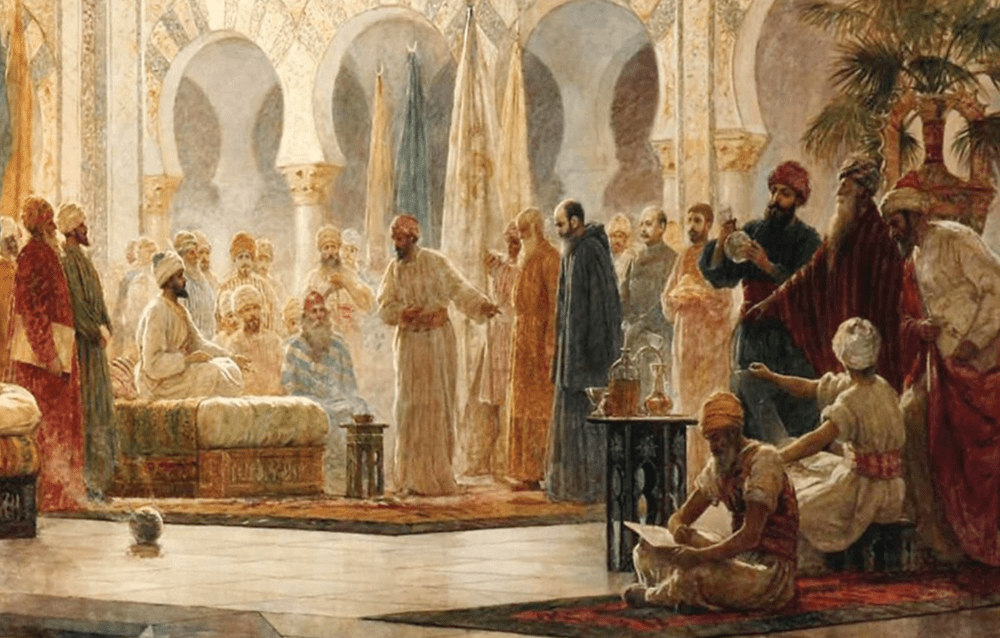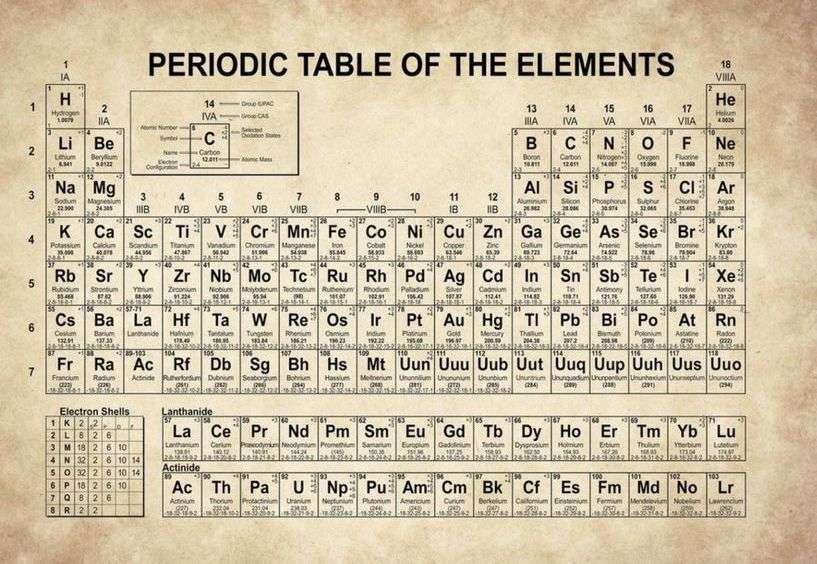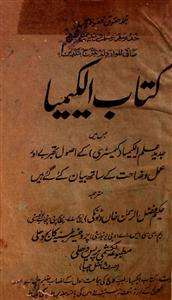
The Role of Muslim Civilization in Advancing Chemistry
The Arabic legacy in alchemy and chemistry during Muslim civilization is profound and transformative. During the Islamic Golden Age, Arab scholars played a pivotal role in preserving and expanding upon ancient alchemical knowledge. They translated Greek texts, including those of Zosimus of Panopolis, and incorporated their own observations and experiments.
Alchemy is a fascinating subject that dates back thousands of years. It began in ancient Egypt, where the fertile land along the Nile was called Khem, from which the Arabic word “Kimiya” (Alchemy) originates. The Egyptians believed in life after death and had advanced mummification practices. These early experiments likely sparked their interest in immortality and the transformation of matter—key themes in alchemy.
One of the earliest known alchemists was Zosimus of Panopolis, who lived in Upper Egypt around 300 AD. He is one of the most important figures in Greco-Egyptian alchemy. His work laid the foundation for many future alchemists, both in the East and the West.
From Alchemy to Chemistry
First of all, the Arabic word for “Chemistry” is “Kimiya”, and adding the Arabic definite article “al” transforms it into “Al-Kimiya”, later in the West it became “Alchemy.”
Alchemy was not just about turning metals into gold—it was a symbolic journey of transformation. The Arabic term “al-Kimiya” often described processes of change, both physical and spiritual. This idea of transformation echoed in expressions like “Kimiya al-Sa‘ada” (the way to happiness) and “Kimiya al-Qulub” (the way to touch hearts).
Unlike modern chemistry, alchemy focused on scientific experiments but also involved spiritual ideas and remained deeply intertwined with mysticism. For centuries, people sought the philosopher’s stone—a mythical substance that could turn base metals into gold and offer immortality.
The Arabs played a key role in preserving and developing alchemy during the medieval period. In fact, many foundational ideas in modern chemistry come from Arabic alchemy. These early scientists were revolutionary, experimenting with substances that would go on to transform medicine and chemistry as we know it today.

Arabic alchemists pioneered experimental methods like distillation and crystallization, which helped shape modern chemistry. Their work on elements and compounds laid the foundation for the periodic elements that chemists work with in modern times.
Who is The Father of Chemistry?

Jabir ibn Hayyan (known as Geber in the West) is often regarded as the father and the founder of modern chemistry. Born in Iran in the 8th century, he spent most of his life in Kufa, Iraq. Jabir was a pioneer in the field of chemical experimentation, creating new techniques like sublimation, crystallization, and distillation—processes still used today. He also discovered key acids such as sulfuric, nitric, and hydrochloric acids, which are vital in modern chemical industries. Even terms like “Alcohol,” “Elixir,” and “Alembic” (a tool used in distillation) come from Arabic origins. Read the previous blog about Elixir.
Arabic alchemists perfected distillation techniques, using thermometers to control the heating process. One of their most important contributions was the discovery of “Aqua Regia”, a powerful solvent that could dissolve gold—still used in modern chemistry.
Jabir’s work extended beyond the lab. He wrote extensively about how to transform metals, theorizing their properties and composition. His ideas on the structure of metals remained influential until the 18th century when modern chemistry began to emerge.
One of his most famous books is “Kitab al-Kimya” (The Book of Chemistry). He also wrote “Kitab al-Sab’een” (The Book of Seventy) and “Kitab al-Ma’ash” (The Book of the Synthesis of the Medicines).

Alchemy’s Journey to the West
Alchemy entered Europe through Spain in the 8th century, when the Arabs brought their wisdom westward. This transfer of knowledge occurred primarily in cities like Toledo and Cordoba, which became vibrant centers of learning. From there, alchemy spread rapidly throughout Europe, merging with local traditions. European Muslim alchemists embraced the idea that they could transform metals like mercury and sulfur into gold using the right techniques, which attracted the attention of various scholars and practitioners. Notable European figures, such as Roger Bacon, Albertus Magnus, and Paracelsus, were deeply influenced by Islamic alchemical concepts during European Renaissance.
The Legacy of Alchemy and Chemistry in Muslim Civilization
In many ways, alchemy was a bridge between ancient mysticism and modern science. While alchemists may not have found the philosopher’s stone, their work laid the foundation for modern chemistry, medicine, and pharmacology.
